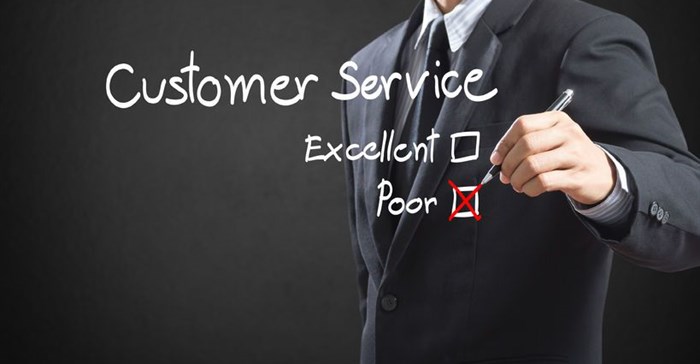
Top stories

Marketing & MediaBehind the campaign: Reframing fairness in ride-hailing: The inDrive success story
inDrive 3 hours





More news

















Recently I was reminded about the importance of customer service when I ordered flowers for one of my team members. What I had ordered online wasn’t nearly what had been delivered. The quality, value and even the type of flowers did not even closely resemble what had been advertised on their website. I understand and appreciate that everyone is under Covid-19 pressure stress and emotions run high, especially when it comes to parting with your money in an uncertain economy. But that is even more reason for companies to be looking after their reputations and making sure that they deliver value that they promise.
When it comes to an unsatisfied customer consider these guidelines:
1. Communication policy: First and foremost make sure that you have at minimum a communication policy in place. This will guide you and your team with the procedures to follow when engaging with different stakeholders. Messages to share, channels to use and turnaround times should be included in the document.
2. Consistency. When it comes to reputation management, consistency builds reputations. You are either consistently good, which builds a good reputation. You can also be consistently bad or consistently inconsistent, both of which contributes to a negative reputation. Having policies and procedures documented will help your team to know how to consistently deliver products and services within set parameters.
As part of consistency, your messages that you share needs to be aligned between everyone who will be communicating with your customers. When I look at the correspondence between myself and the said business, I had reached out to them via email, telephone and when they failed to get back to me as they promised, I resorted to social media. Every single message communicated back to me was different; not even the social media managers’ feedback was aligned between their Twitter and Facebook pages.
3. Care. Show empathy and that you actually care about your customer. Had I received a call from the business to let me know that they did not have stock of the flowers that I had ordered, I would have gladly discussed alternative options. But no, they changed my bouquet to a lower value one, in fact 15% cheaper than the one I had ordered. They used totally different flowers and didn’t have the decency to let me know that they would be changing the order and would be delivering something different and inferior. What added to my frustration was that they didn’t offer to reimburse me the difference between the different bouquets. Only when I questioned everything and kicked up a fuss was I offered either a full refund or replacement. Had I not followed up, they would have pocketed the 15% difference.
Don’t blame Covid-19 for poor service. Covid-19 is just highlighting the gaps in your processes, so use this lockdown to update all your policies and procedures.
4. Continuous improvement. The only way to improve is to take feedback to heart and to actually listen and act on what your unhappiest customers have to say about your product or service.
